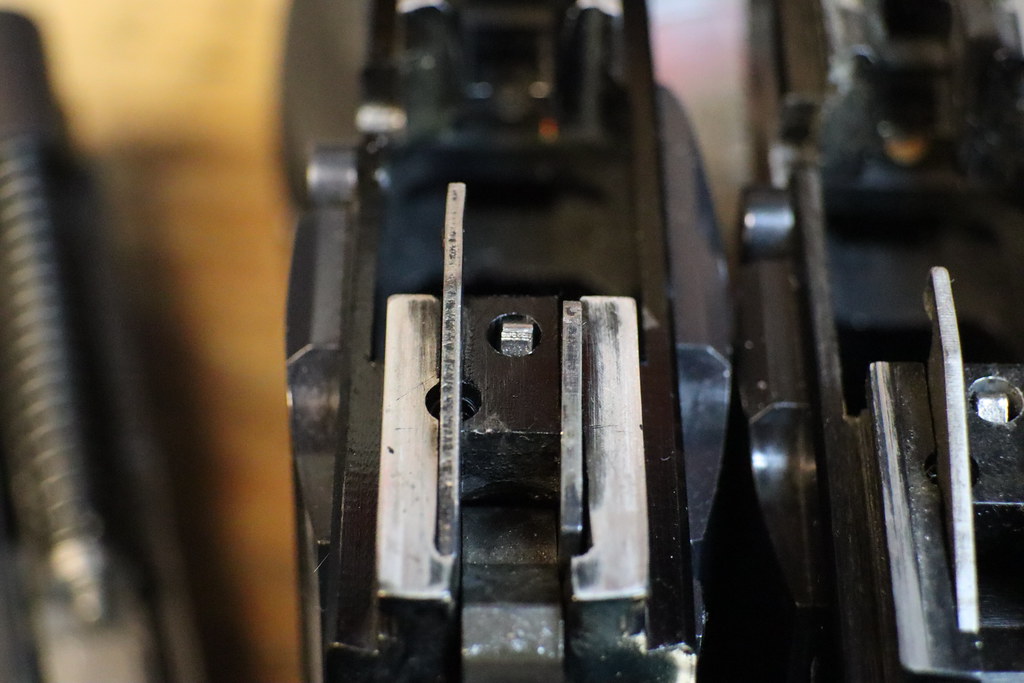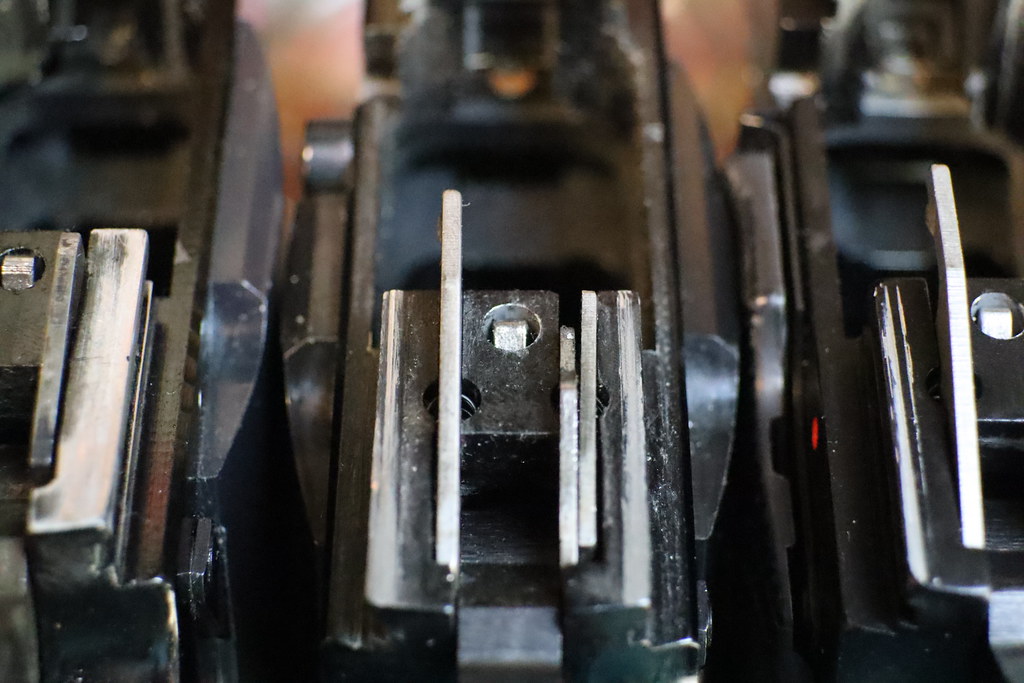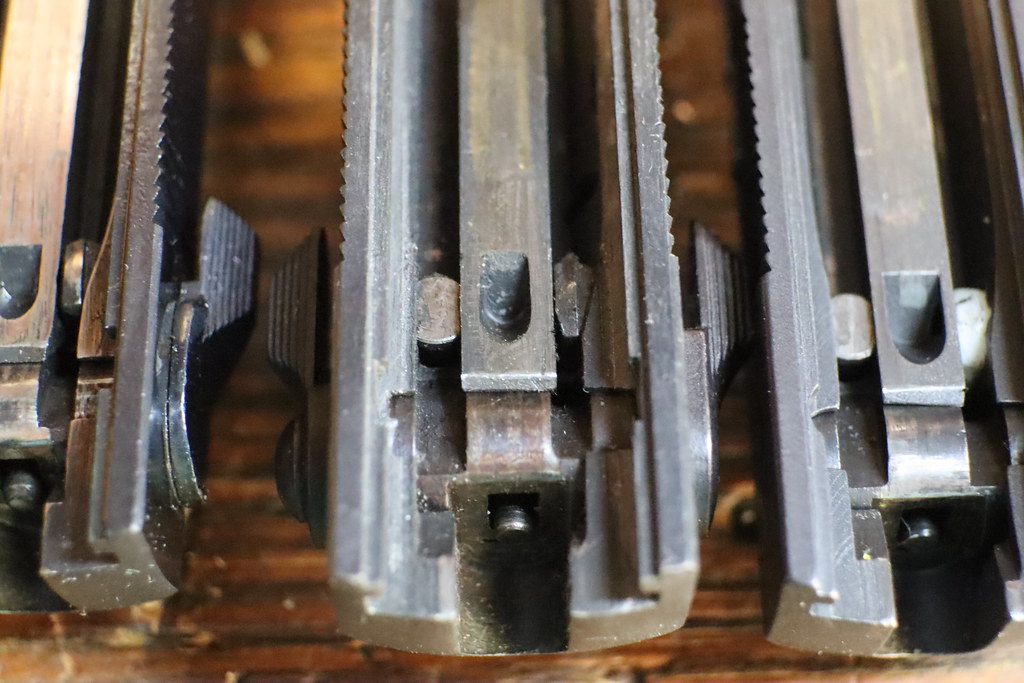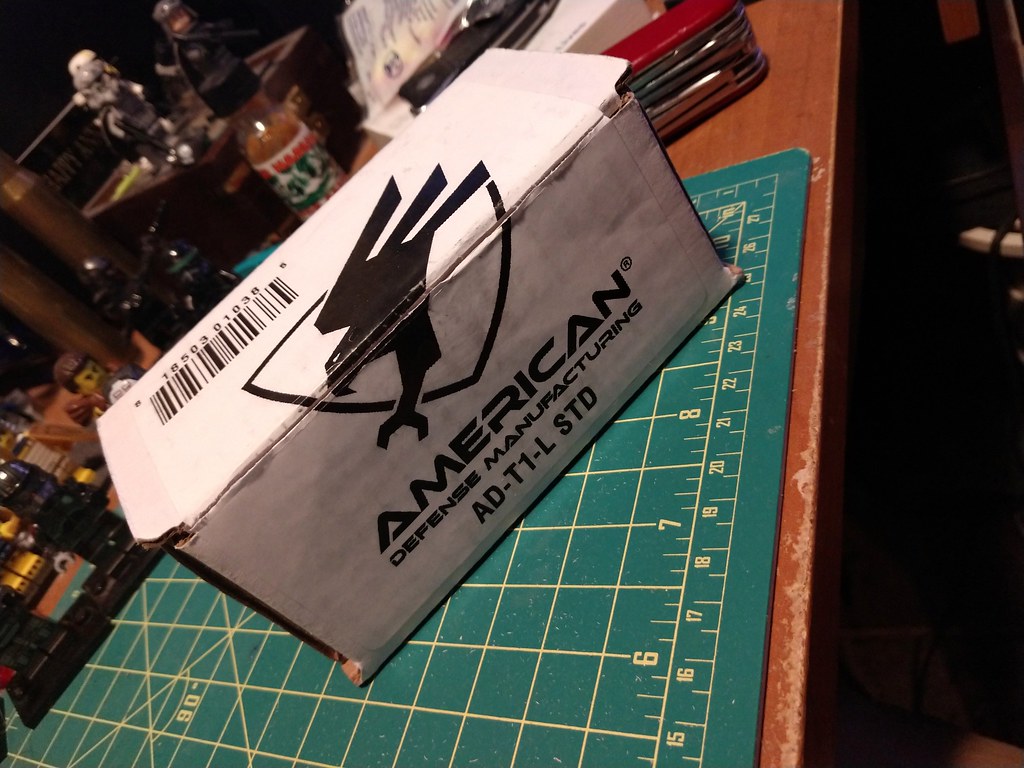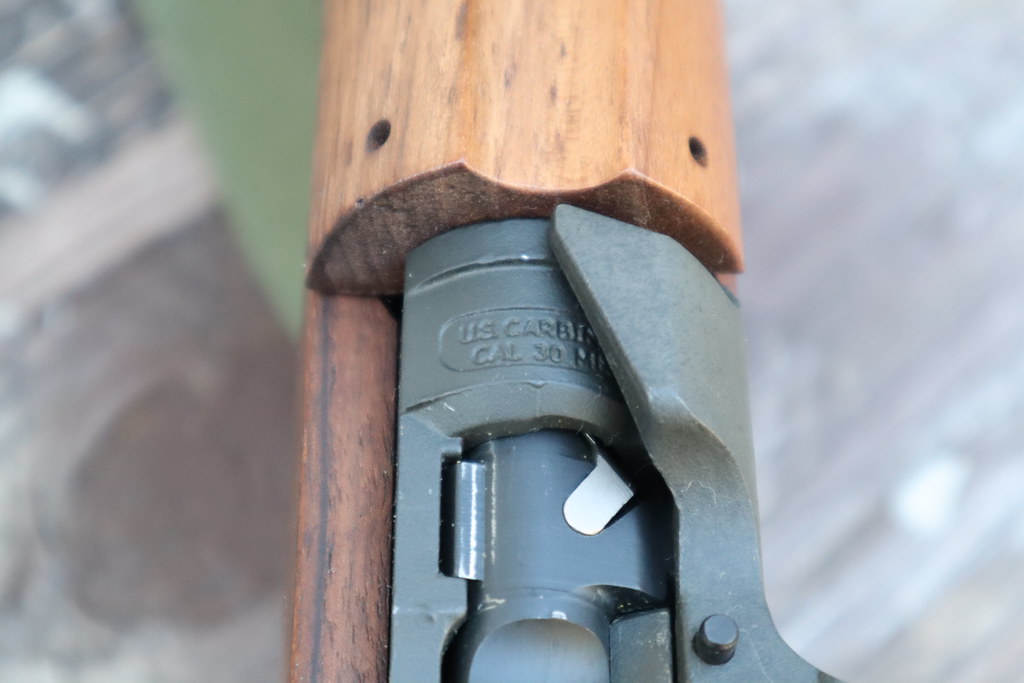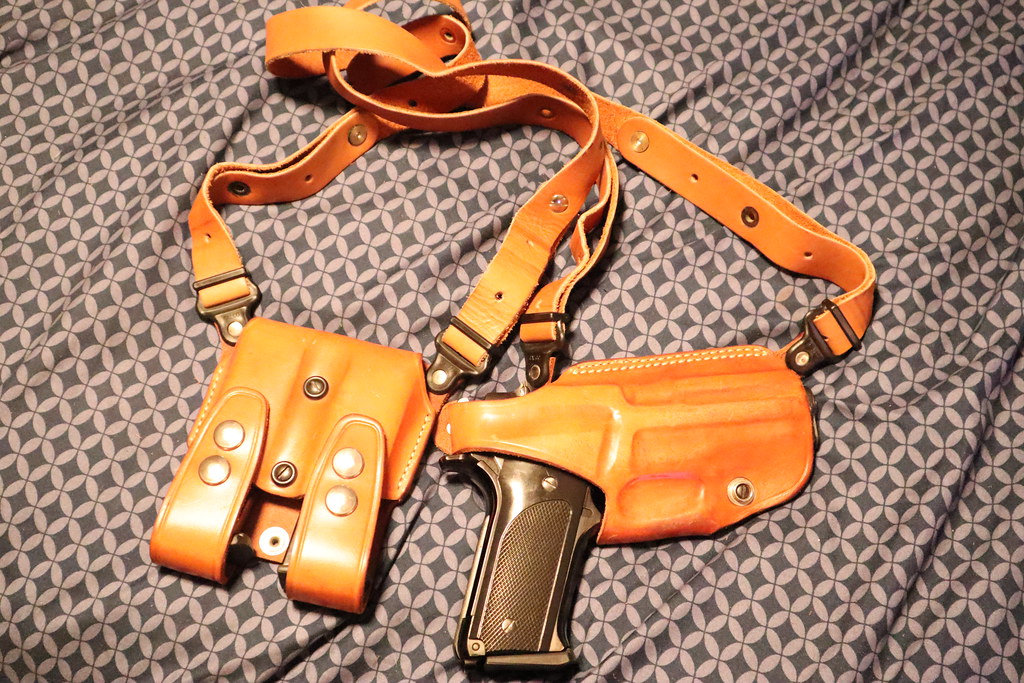I just figured out what is so damn galling about Aesop's position on firearm safety.
He thinks there should be an exception to personal responsibility with a firearm.
I don't.
That's the essential conflict here.
Expanded on this my rejection that there should be special laws for people above a certain income level or in certain jobs.
Both rejections are at play here.
Yes, Hollywood created a procedure that allows dancing monkeys to hold a firearm and point it at others in a way that's resulted in damn few injuries and even fewer deaths.
But I disagree that absolves the person with the gun in their hand from responsibility for the harm done when that procedure fails.
But why did that procedure fail on the set of "Rust?"
Because there really isn't an industry wide standard with accreditation with regards to becoming an armorer.
It's a master and apprentice model. A model that breaks over and over in history when family is involved and skills turn out to not be hereditary.
The set was clearly not following the strictest guidelines with regards to firearms because there were live rounds on set, they were not segregated from dummy and blank ammunition and the cast and crew had access to both live ammunition and the firearm in question. They were plinking with it during down time.
More than a few actors have been railing on the goings on at that set. Many of them outlining what the correct procedures should have been.
My contact in Orlando (who asks not to be named because they like their job) spells out the basics:
No live ammo on set. Period
Everyone on set will be briefed about the shot and the presence of the firearm. Anyone on set during the shot can call a halt for a safety violation and the briefing informs everyone of that. Everyone knows what the rules are from this and if they don't attend the brief, they are not allowed on set. Safety is everyone's responsibility.
No live guns in actor's hands until the shot.
No blank ammo loaded until the actual shot.
The live gun with blank ammo will spend the absolute minimum amount of time in the actor's hands.
The actor does not operate the firearm unless directed to do so and only at the designated point in the script.
Blocking, rehearsals and run-throughs are done with the rubber or resin look-alikes both for safety and expense.
With modern cameras, there is no reason for anyone to be downrange of a "down the barrel" shot.
Because cameras suck at depth perception, there's no reason for the actor to have to point a firearm at anyone directly. A little to the side doesn't show on camera.
Now, how many of those rules were broken in New Mexico that day?
There's proper ways to do things when playing with dangerous items. Ways that mitigate the dangers.
At the end of the day, the person on the trigger is the one who decides that they are OK with how well the procedures have been followed and they pull the trigger, or refuse. Making them responsible for what happens in the end because they are the last go/no-go in the chain.
If, as Aesop claims, actors are too stupid or uneducated to make that decision, they should not be allowed anything sharper than a marble or harder than meringue.
If they really are that incompetent, we shouldn't be making excuses for them, we should be getting actors who know what they're doing. Actors who care about their co-workers.
Something else to consider, when you're trying absolve the dancing monkey of the responsibility of shooting someone, you're creating a situation where they don't have to care about safety. They will not suffer consequences, why should they bother with making sure it's safe?
You're guaranteeing that someone else will get killed by an actor, maybe even the same one.







